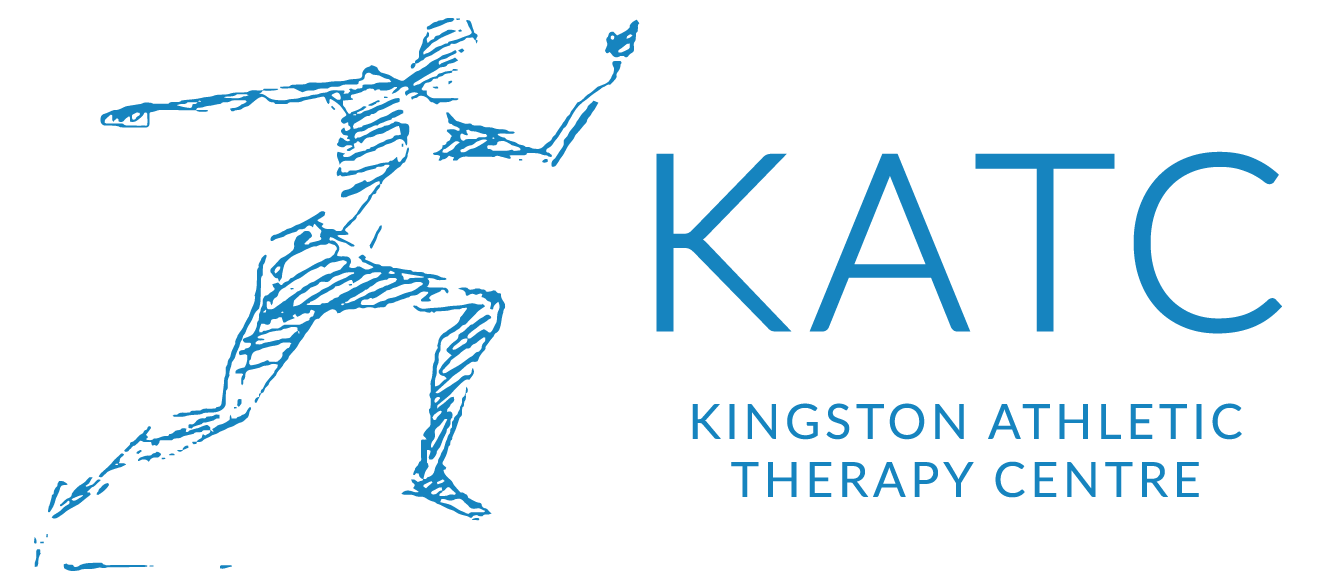How Organs Affect Emotions
We all experience a variety of emotions.
Do you ever wonder where the expression “I FEEL sick to my stomach” comes from? The body retains the memory of trauma, whether it be physical or emotional. When under extreme stress, the brain passes the excess stress on to the organs, whose fibrous matter immediately records the emotion.
Often times, a physical ailment can be linked to an imbalance in the tissues surrounding an organ. Trauma or an increase in tissue tension surrounding an organ can lead to an increase or decrease in emotional hormones that are associated with that organ or vice versa. Sometimes pain originates with an emotional upset, which then creates distress or tension in the associated organ which then creates imbalances in the biomechanics of the body. This can become a vicious cycle. Our organs react depending on the intensity, the severity, and the duration of the stress they encounter.
Each organ is connected to specific emotions. Below we are going to discuss some major organs, their emotional connection, and some possible symptoms that can be experienced.
Heart:
Associated emotions:
Distress, jealousy and distrust, fear of judgment, guilt, hatred, excessive attachment, joy and happiness.
Physical Care:
Regularly exercise to increase the heart’s strength and performance. Stretch your thorax to give the heart space, avoid slouching.
Psychological Care:
Relax – yoga, breathing exercises, music, dancing, singing. When you are feeling tense, avoid confrontation.
Nutritional Care:
Eat a large amount of soluble fiber. This causes the liver to slow down its cholesterol production. Avoid cooked fats, excess sugar, alcohol, cold cuts, cream, ice cream, salt, and smoking.
Liver:
Associated Emotions:
Depression, insecurity, lack of self-esteem, bad memories, absence of creativity, fits of anger, phobias, tendency towards pessimism, fear of the future.
Physical Care:
Steam baths and saunas help to eliminate toxins via the urine and sweat. Be knowledgeable and cautious about medication you ingest; many medicines are toxic for the liver. The liver becomes exhausted from having to eliminate excess toxins and can no longer properly digest heavy foods.
Psychological Care:
Keep up a positive self-image, in order to acquire inner strength and radiance. Cholesterol is made in the liver – avoid stressful situations, because stress can be an aggravating factor that raises our level of bad cholesterol. (LDL)
Nutritional Care:
Chew! The simple act of slowly chewing carbohydrates and protein helps us digest them. Refrain from, or enjoy moderately all fried foods. Don’t overdo alcohol. Be sparing with cheese, fatty meats, pastry, chocolate, and cooked cream.
Kidney:
Associated Emotions:
Fear, deep-seated anger, great feeling of insecurity, pessimism that comes in cycles, fear of being abandoned, need to lead, powerful strength potential, generosity.
Physical Care:
Stay active. Avoid staying seated for too long. During long trips and the work day take breaks often to get up and move.
Psychological Care:
Learn to control your fear and anger. Avoid situations that might pull you off balance unexpectedly, and take things step by step.
Nutritional Care:
Reduce your intake of protein from animal sources, as well as salt especially in the evening. High animal protein affects certain minerals in the urine that may promote the formation of kidney stones. Reducing sodium in the diet reduces the amount of calcium excreted in the urine, therefore people who develop kidney stones containing calcium may benefit from low sodium intake. Drink water often.
Lungs:
Associated Emotions:
Fear of suffocating or drowning, grief, hostility, fear of confrontation, aggressiveness, sadness, a need for attention and affection.
Physical Care:
Exercise! Any exercise that stimulates breathing, as well as stretching which expands the thorax and spine. Avoid unclean air and stop smoking.
Psychological Care:
Learn to negotiate one’s grief, fears, and anxieties with the help of psychotherapy, relaxation or yoga.
Nutritional Care:
Avoid putting on weight, and practice healthy breathing as this will help eliminate fat. Beware of chocolate and alcohol, which can cause sinus infections or bronchitis in sensitive people.
Why is this important?
Becoming aware and having an understanding of the psycho-emotional connection with the organs will assist you in achieving and maintaining optimum wellbeing.
Here at KATC, our Athletic Therapists are well educated in the connections between the organs, emotions, and biomechanical imbalances that can be present. We take a look at the body as a whole and apply the appropriate techniques to help bring the body back to homeostasis.
Visceral Manipulation is a gentle manual therapy that addresses the fascial, neurological, and vascular connections that surround the organs.
To learn more about Visceral Manipulation and how it could help you, give us a call at 613-507-5282. Don’t forget to sign up for our newsletter so you can stay updated on news, blogs, and more!
